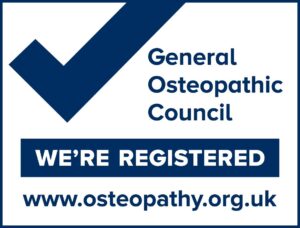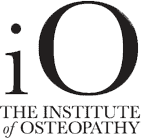
As I’ve learnt more and more about the impact of the way we breathe on our body, it has become a common practice for me to assess the way in which my patients breath. Many of you say “Ayshe I’ve been doing this for years now, I think I know what I’m doing”. But do you? Are you aware of the power of the way you breathe?
You have the power to change your health and emotions. One of the quickest ways to do this is by using the wonderful gift we are born with that we easily take for granted: The breath. Yes! So if you want to improve your health and improve your mindset one of the easiest ways to address it is by addressing how you breathe.
Because of this one of the first things I address with patients suffering from neck shoulder or upper back pain and tightness, anxiety, respiratory issues or digestion issues is how they are breathing.
Ideally we should be breathing into our tummy’s and using our diaphragm. However many of us tend to breathe from the chest….
So how does how you breathe affect your health?
Physically:
We have muscles in the neck referred to as our accessory breathing muscles. These attach from the neck to our first two ribs or collar bone and lift these structures when we chest breath. These muscles eventually become overworked causing neck pain and tightness which can eventually lead to headaches.
Physiologically:
As the lungs expand they push the diaphragm down which then gently pushes and massages the organs sat underneath it such as the stomach, liver, bowels etc. This movement acts like a gentle massage helping the blood flow to these organs which helps them function better. When we aren’t breathing into the diaphragm area, these areas can become congested with reduced blood flow and it can impact our digestion, bowel movements and overall vitality.
Psychologically:
The main nerve which innervates the diaphragm is called ‘the vagus nerve’. The vagus nerve is key for the relaxation response in our nervous system. The same way muscles strengthen with continuous use, so do nerves. When we breathe into the diaphragm we exercise the vagus nerve and increase ‘vagal tone’. This helps strengthen the relaxation response (parasympathetic response) in our nervous system which helps you feel calmer and also increases your resilience to stress so you don’t react as strongly in stressful situations. When we chest breathe we strengthen the stress response in the brain instead which makes us more prone to anxiety and depression.
Unsure what to look for? Next time you come in for your treatment, ask your Osteopath to give you feedback regarding the way you are breathing. It will only take a few minutes and may be the key to a more long term solution for your neck pain, shoulder tension, anxiety levels and many more health conditions!
Learn more about how the way you breathe is affecting your body, call our clinic and book your Osteopathy appointment with one of our Backbone Team: 020 8886 8698
By Ayshe Ibrahim BSc (HONS) Ost Med, DO, ND
Principle Osteopath and Director of The Backbone Osteopathic Practice. Aug 2019. www.thebackbone.co.uk.
[mailerlite_form form_id=1]








